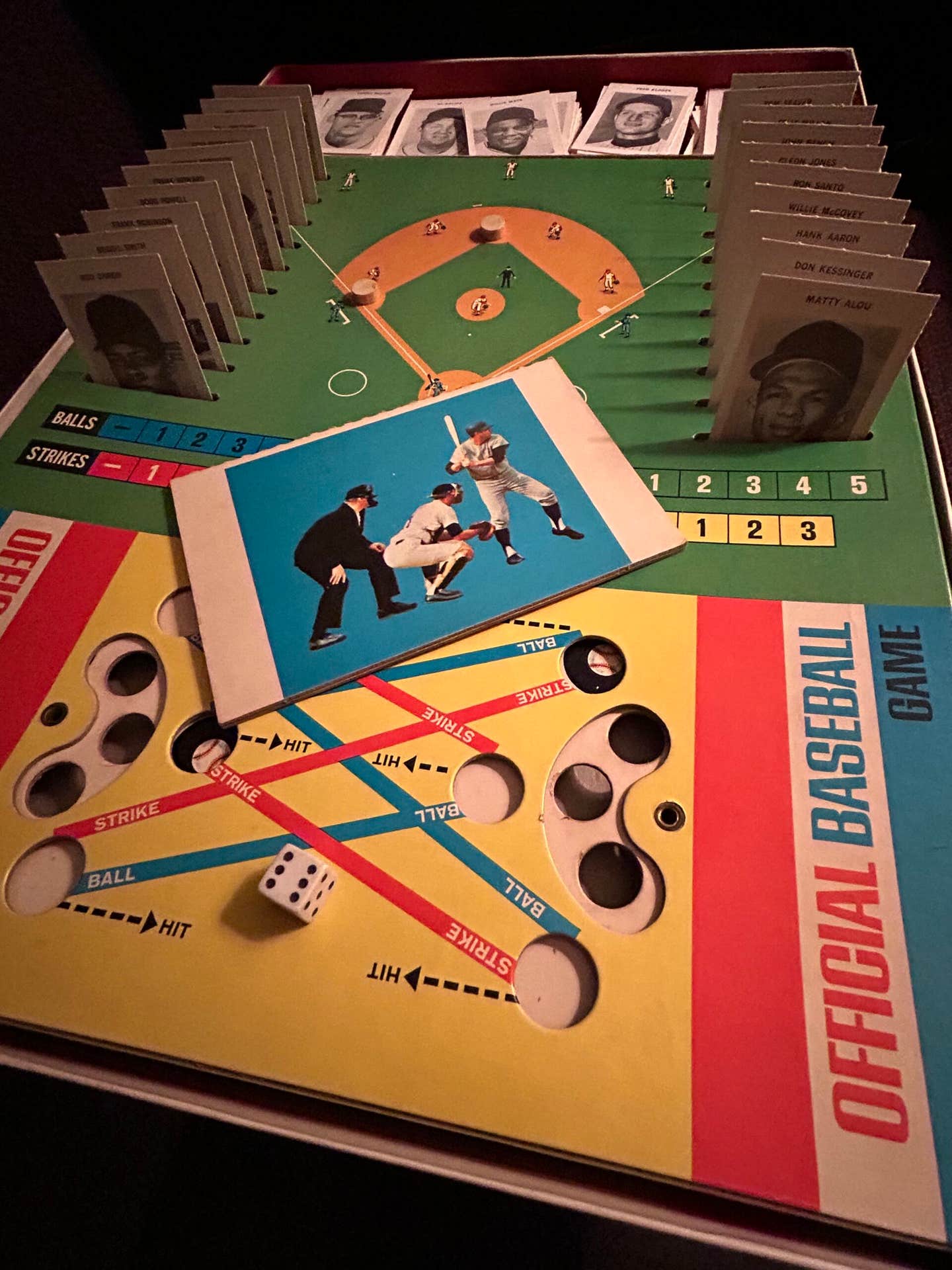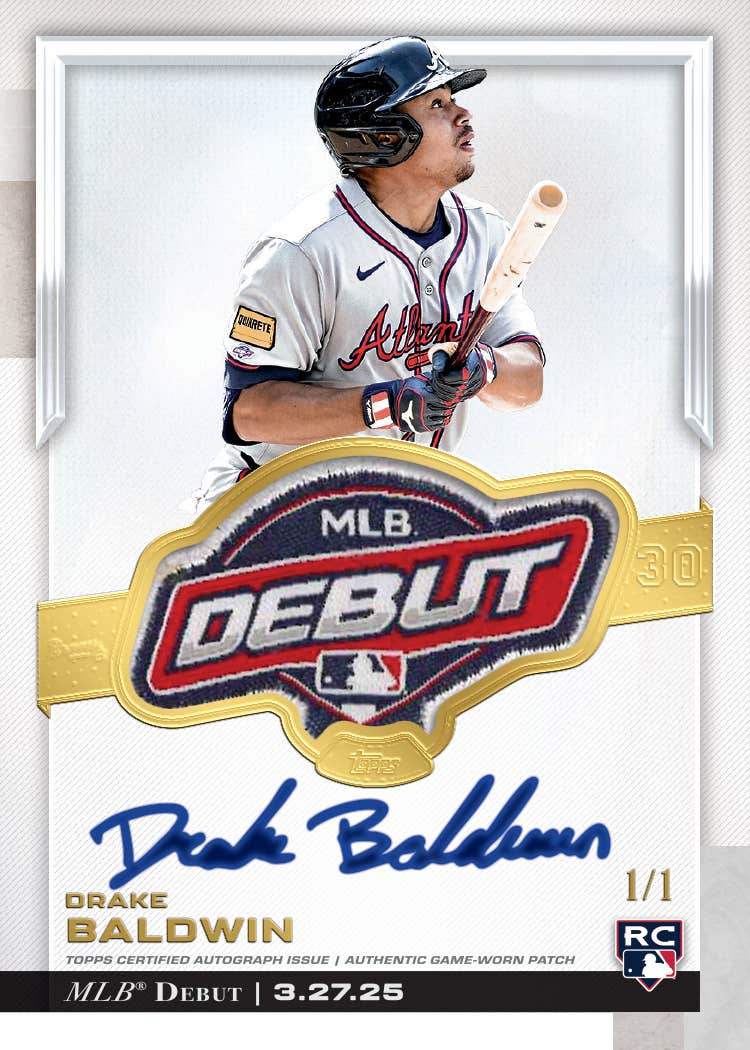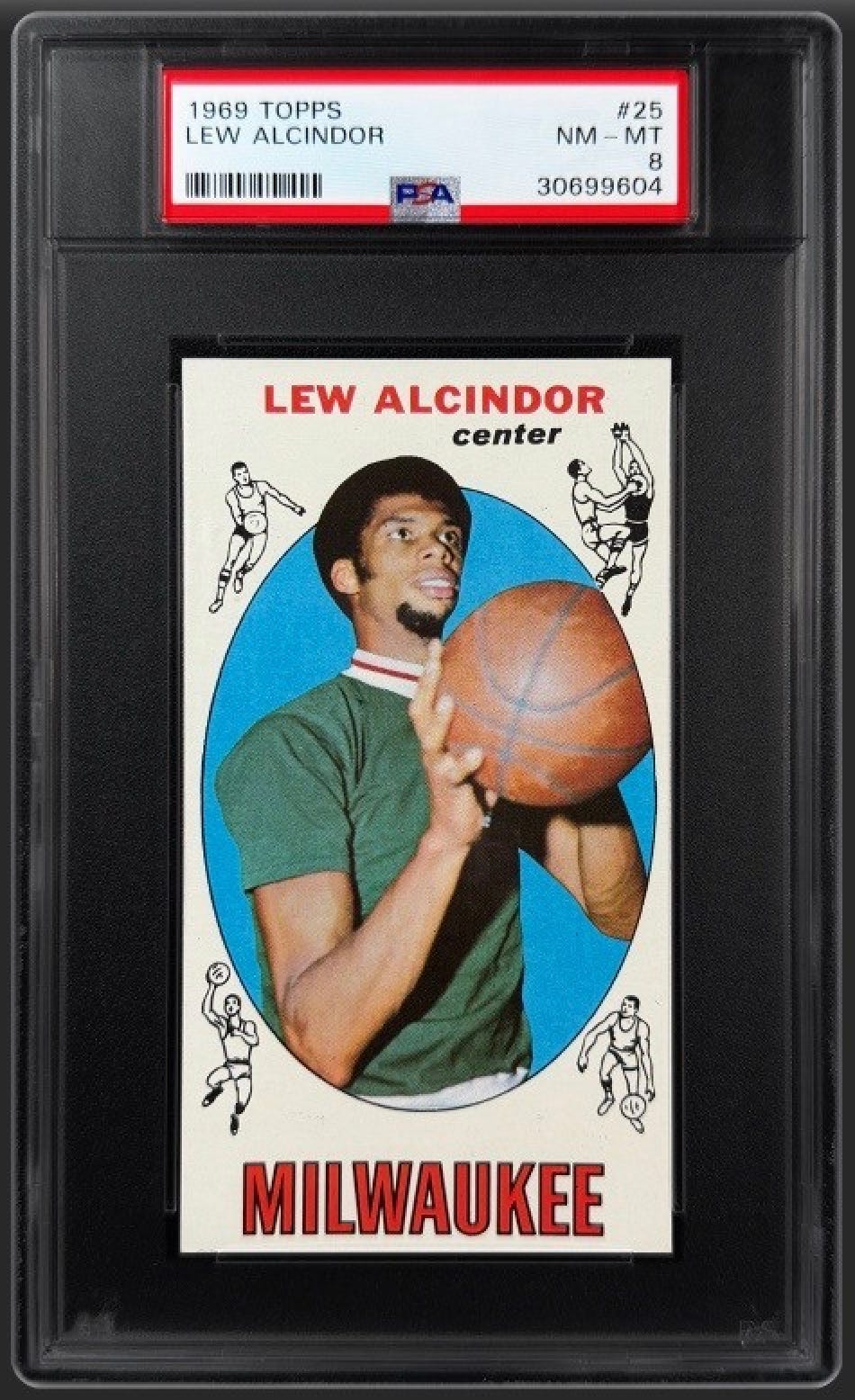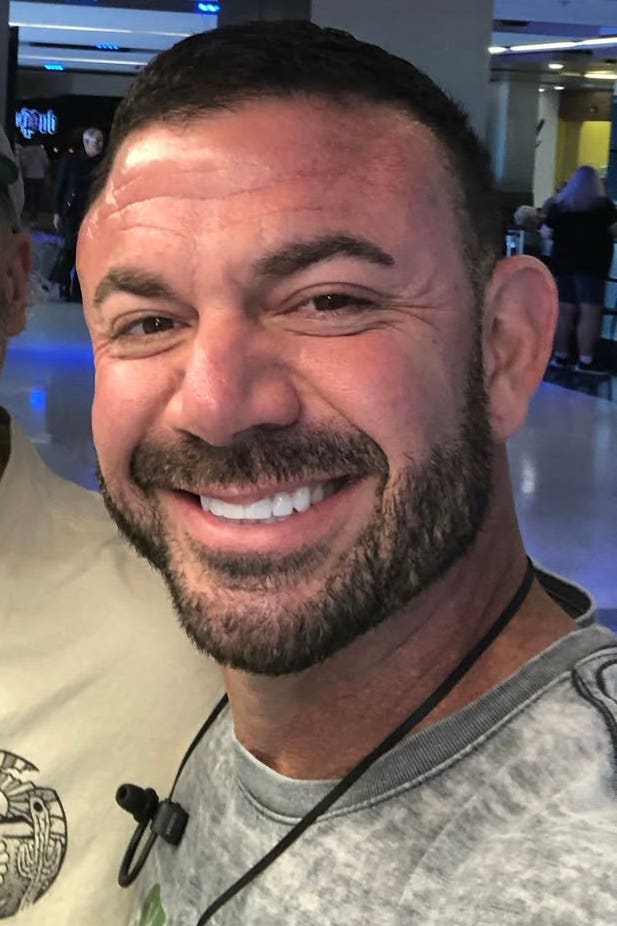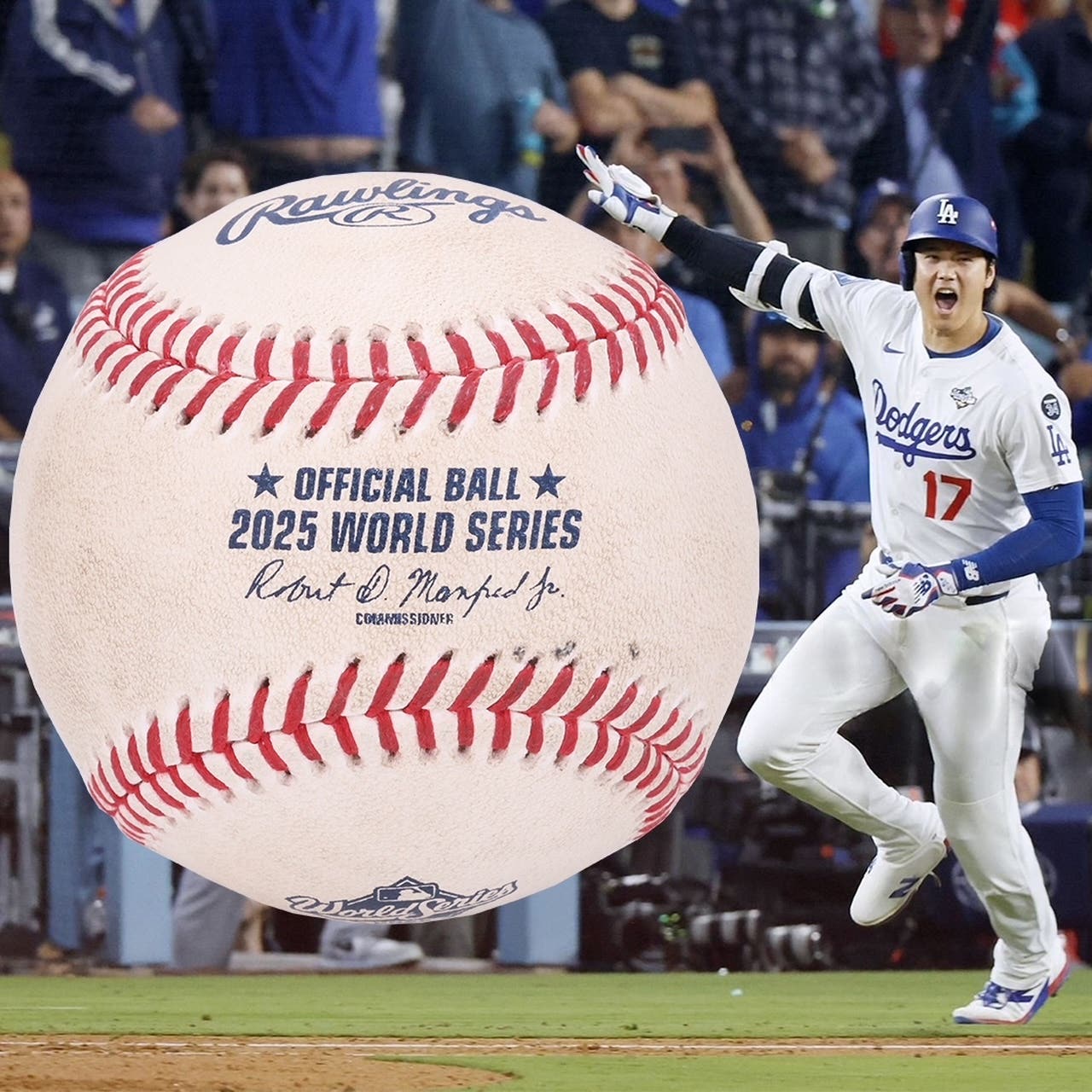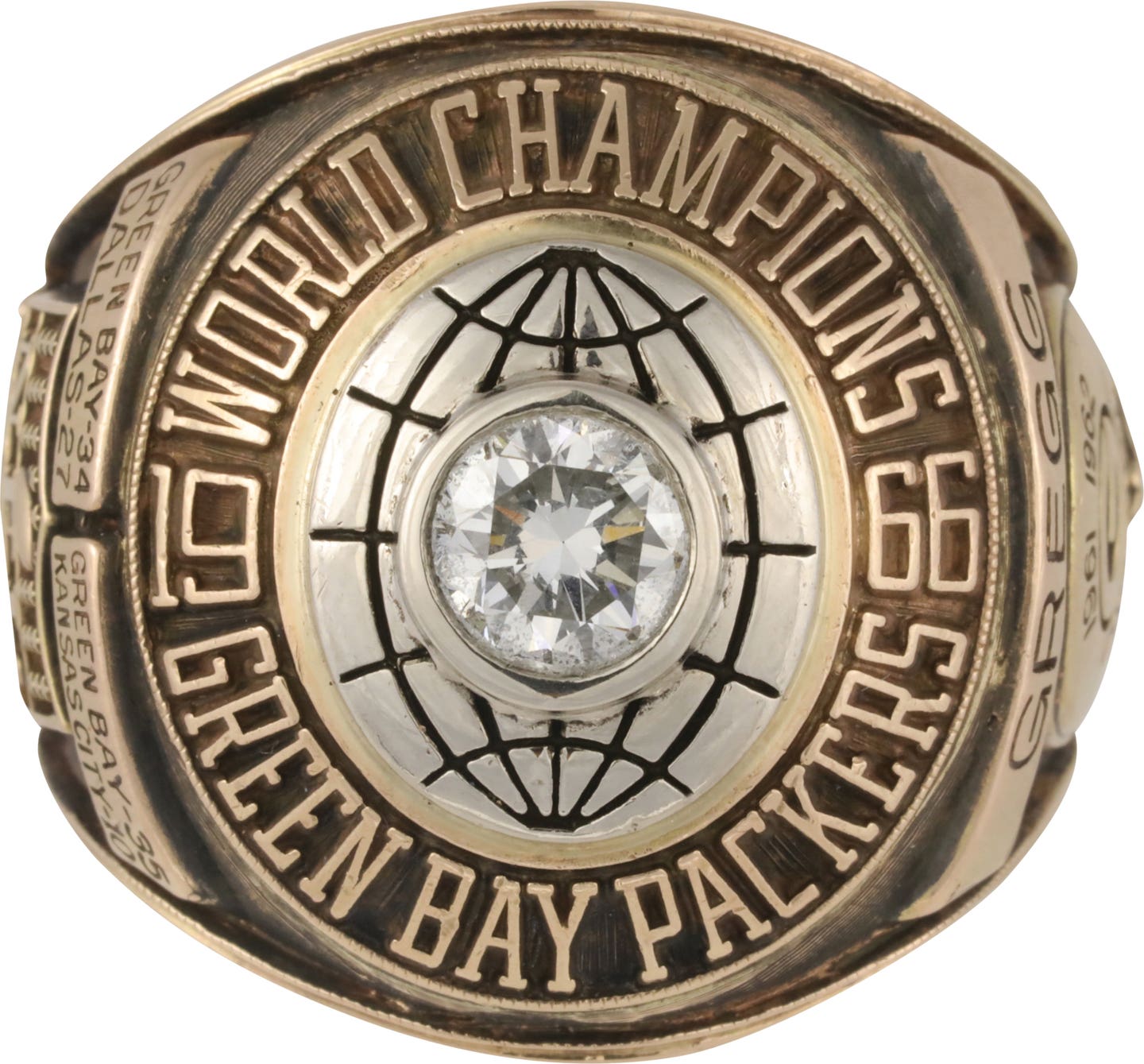News
Jackie Robinson: A ballplayer who could scold a President …
When I ran across a letter from Jackie Robinson to President Dwight Eisenhower the other day, it reminded me that Robinson’s unique perch among baseball’s immortals is colored far more by what he was as a man than what he accomplished as a ballplayer.
Living in a time when modern professional athletes have the potential for more genuine clout because of their exalted social status and many millions of dollars, it’s perhaps not surprising that so few of them display much in the way of political awareness.
(The absolutely stunning original painting of Jackie Robinson pictured here is by Ron Stark; www.ronstarkstudios.com. It was with great relish and delight that the work is featured on the cover of this week's issue of Sports Collectors Digest – Oct. 29.) – Ed.
The lamentable rectitude that our current caste of millionaires exhibits in these turbulent times is in sharp contrast to the social and political activism of some of the greatest names in sports of earlier generations. Kareem Abdul-Jabbar, Jim Brown and Muhammad Ali spring quickly to mind, but even they pale in comparison to somebody like Jackie Robinson.
It seems likely that the combination of Robinson’s fierce will and integrity combined with his almost mystical biography to create a persona no more intimidated by presidents and potentates than he was by opposing catchers when he was on the basepaths.
But even I marveled at a document I came across at the National Archives website where Robinson quite pointedly addresses President Eisenhower in a May 13, 1958 letter. The letter followed the infamous clash the previous fall between Ike and Arkansas Governor Orval Faubus, and while the Hall of Famer was generally pleased with the President’s decisive action that September in calling out the National Guard at Central High School to enforce the eventual integration of the school, the forceful letter revealed the impatience that was a hallmark of Robinson’s.
“Seventeen million Negroes cannot do as you suggest and wait for the hearts of men to change,” Robinson said in the letter on Chock Full o’ Nuts stationery (a coffee and food vending company that employed him), alluding to a remark from the President urging Negroes to have patience.
“As the chief executive of our nation, I respectfully suggest that you unwittingly crush the spirit of freedom in Negroes by constantly urging forbearance and give hope to those pro-segregation leaders like Governor Faubus who would take from us even those freedoms we now enjoy.”
I had known of Robinson’s sentiment that he had been disappointed with what he saw as less than strident support for blacks from several administrations, but to see it projected so starkly in a remarkable historical artifact was nonetheless amazing.
I wonder what a document like that might fetch in our hobby marketplace? That silly notion aside, it’s more fascinating to try to imagine a modern athlete – in this instance a mere two years after his retirement as an active player – confronting a President in language so vivid and unequivocal about such a vital national issue.
One supposes that it simply could not happen, largely out of a fear that one’s marketability might be severely constrained by taking on such weighty matters in the public arena.
I guess after you faced the virulent racist taunts and indignities foisted on him for so much of his adult life, chiding a President – even one that supposedly everybody “liked” – was hardly all that daunting.



